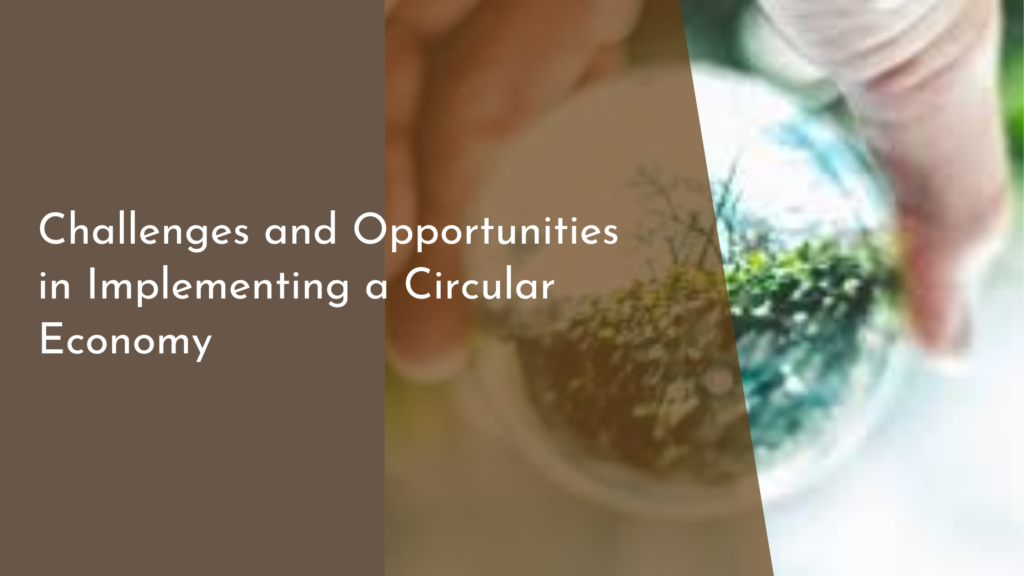How Rainwater Harvesting Reduces Dependency on Municipal Water
Rainwater harvesting is an innovative approach that not only contributes to environmental sustainability but also offers homeowners a practical solution to reduce their reliance on municipal water systems. As global challenges such as water scarcity and climate change become increasingly pressing, the practice of collecting and utilizing rainwater is gaining momentum. In this article, we will delve into the mechanics of rainwater harvesting, explore its myriad benefits, examine the financial savings it can provide, and encourage readers to participate in this eco-friendly movement.
Understanding Rainwater Harvesting: A Sustainable Solution
Rainwater harvesting refers to the collection, storage, and utilization of rainwater for various applications, primarily in residential settings. This sustainable practice involves the installation of systems that can capture rainwater from roofs, which is then diverted into storage tanks or cisterns. The harvested rainwater can be used for irrigation, flushing toilets, and even for drinking water after proper filtration and treatment. By tapping into this natural resource, homeowners can significantly lessen their environmental footprint and promote a more sustainable lifestyle.
The appeal of rainwater harvesting lies not only in its ecological benefits but also in its adaptability to different environments. Whether in arid regions grappling with water shortages or in urban areas facing infrastructural challenges, rainwater harvesting systems can be tailored to meet the specific needs of households. This versatility makes it an invaluable solution as communities seek ways to enhance their resilience and mitigate the impacts of climate change.
The Benefits of Collecting Rainwater for Your Home
Collecting rainwater can yield a multitude of benefits, starting with its positive impact on the environment. By using rainwater instead of municipal water for non-potable applications, households can reduce the demand on local water supplies, which can help to alleviate water shortages during dry spells. Additionally, rainwater harvesting helps to minimize stormwater runoff, a significant contributor to urban flooding and water pollution; capturing rainwater at its source can help maintain the natural water cycle and protect local ecosystems.
Moreover, using rainwater can enhance the health of gardens and landscapes. Rainwater is typically free of the chemicals and additives found in municipal water, such as chlorine and fluoride, making it a more natural option for watering plants. This can lead to healthier soil and plants, promoting a more vibrant garden. With rainwater’s soft quality, it is also ideal for washing vehicles and outdoor furniture, enhancing the overall experience of maintaining a property while being eco-conscious.
How Rainwater Systems Can Save You Money and Resources
One of the most compelling reasons to invest in a rainwater harvesting system is the potential for significant cost savings. Homeowners can substantially reduce their water bills by using collected rainwater for irrigation, flushing toilets, and other non-potable uses. Over time, the initial investment in a rainwater harvesting system can pay for itself, especially in areas where water rates are on the rise. As families become increasingly aware of their consumption habits, many are finding that harvesting rainwater allows for more budget-friendly living without sacrificing convenience or comfort.
Additionally, rainwater harvesting can contribute to resource conservation on a broader scale. By reducing reliance on municipal water sources, households play a vital role in lessening the strain on these systems, which can lead to lower infrastructure costs for local governments. When communities adopt rainwater harvesting practices collectively, they can realize a more sustainable future, ensuring that water resources remain available for generations to come while also fostering a sense of communal responsibility and stewardship.
Join the Movement: Embrace Rainwater for a Greener Future
As awareness of the benefits of rainwater harvesting grows, more individuals and communities are embracing this sustainable practice. By becoming part of the rainwater harvesting movement, homeowners can contribute to a culture of conservation and responsible resource management. This newfound consciousness not only promotes environmental stewardship but also inspires neighbors and friends to consider similar initiatives, leading to a ripple effect of positive change throughout communities.
Getting started with rainwater harvesting doesn’t require extensive knowledge or experience. Many resources are available, including workshops, online guides, and local organizations dedicated to promoting sustainable practices. By taking the first step and investing in a rainwater collection system, individuals can make a meaningful contribution to a greener future — one drop at a time!
In conclusion, rainwater harvesting offers a proactive approach to reducing dependency on municipal water systems while fostering environmental sustainability. The benefits of collecting rainwater extend far beyond financial savings; they contribute to healthier ecosystems and a collective commitment to responsible resource use. By embracing this innovative practice, we can work together to create a brighter, greener future for ourselves and generations to come. So, why wait? Start your rainwater harvesting journey today and join the movement towards a more sustainable world!

